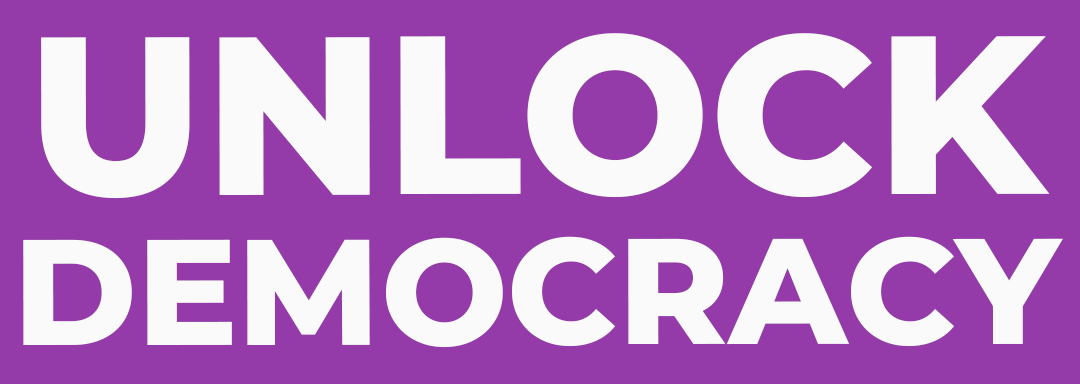Does WhatsApp Rule the World (of government)?
Recently I attended the Institute for Government’s event on ‘How Whatsapp is changing government’.
Present at this event were Emily Walch, Tim Durrant, Matt Warman MP, Henry Zeffman and Dr Alice Lilly, all of whom explored Whatsapp’s capabilities and features and compared its use now, to their own experience of technology when working in Whitehall.
During the event, I was especially intrigued with Walsh’s perspective on her work with former Vince Cable MP and how things were run in the past.
So what has changed and why has WhatsApp become such a big talking point when discussing transparency versus security?
Walsh detailed her memories of being in government, and described not being able to remember using WhatsApp. The app was only created in 2009 and made free to use in 2016 after Facebook’s purchase in 2014, Walsh’s last year in government.
Texting, which was widely used then, was more cumbersome than WhatsApp due to the difficulty of creating large group-based messages. This is easily done through WhatsApp.
Additionally, Walsh mentioned that during her time in government, she was always reminded of the importance of good relationships with colleagues and ministers and that emails could be made public. She stressed that with WhatsApp, all users, especially those in government, must be extremely cautious of when and how they use the app because of the ease with which information can be leaked.
Next, Henry Zeffman, an associate political editor at The Times, began comparing how the American government communicates internally, which is mainly done through email, as the WhatsApp culture there is much less developed.
Yet he believes that it is not WhatsApp that has changed the way the British Government functions, but the immediacy of society which has bled into a new need for the government to act more quickly. Modern day society has become so accustomed to having everything right away, that waiting for something to happen is no longer acceptable.
Dr Lilly highlighted the crucial point that many conversations which take place on WhatsApp may have previously happened face-to-face and behind closed doors. WhatsApp has turned these conversations into a written record for all to see.
Matt Warman, now an MP, also discussed the current extensive use of Whatsapp, mentioning the fact that the Prime Minister and senior advisors at the time of the Covid pandemic and his entry into government [2019] were members of various WhatsApp groups. This was especially significant during the pandemic, which required more substantive and policy-based messages to circulate on WhatsApp, due an increase in remote working practices.
Covid inquiry and transparency
What did the panellists' comments reinforce for me? That transparency is a cornerstone of a functioning democracy, ensuring accountability and trust in the government.
In the context of the UK government, the need for greater transparency has become increasingly evident, particularly in light of the ongoing Covid inquiry.
Additionally, I believe that one key aspect that requires immediate attention is the preservation of electronic messages related to the pandemic, as this event was unprecedented and required radical policy changes to be implemented with urgency. We need to retain the evidence of what was said and done to ensure we can learn from Covid 19 and handle the next pandemic more effectively.
Our best chance of holding politicians to account on Covid (and other matters) is if all electronic communications, whether that is emails, texts or WhatsApp messages are retained, as these could potentially serve as crucial evidence for the inquiry. The Cabinet Office's development of new guidance on the use of this type of communications is a positive step forward.
Why WhatsApp?
One of the most interesting parts of the debate was the questioning of why the government was even using WhatsApp.
Currently the Meta-owned app, adopted by over 2.7 billion people globally, is heavily used by those governing our nation, in part because email and other forms of communication have not adapted to the pace government functions at.
Some in the audience questioned the efficiency of digital messaging in general. One attendee asked whether it would be better for Ministers to return to paper-based decision making, rather than ‘wasting-time’ responding to messages, emails and other platforms.
Walsh disagreed and argued for the need for a different and improved government-oriented platform, constructed specifically for the government’s use and adapted to a fast-paced environment. This would also likely be more secure.
WhatsApp and Privacy?
I understand that many politicians, in various WhatsApp groups, were using the platform to share their candid opinions on the government’s performance.
They should be given some slack about what’s said on WhatsApp, especially as most were never given any HR support, as Emily Walsh argued.
If we expect our politicians to act in a certain manner on WhatsApp and other communication platforms, they should be briefed on how to do so, be provided with training and clearer rules.
I am with Henry Zeffman, I don’t believe that WhatsApp is changing government, but rather our society and its desire for instant policy gratification is making the government adopt modern technologies and working practices.
The government, and its various stakeholders should work together and develop a coherent and cohesive approach to new technology, and social media.
Covid-19 helped us understand WhatsApp’s capabilities, and why it has become necessary for the government to use it in everyday life.
An improved understanding of WhatsApp, its flaws and strengths, will help the government to assess, adopt and adapt other technologies, whether it is Teams, Slack or something yet to be launched and harness them in the public’s interests.
Then the government will rule the technology rather than the other way round.
Marie-Alix Depuydt, Student at McGill University in Montreal, Canada
Former intern at Unlock Democracy.
